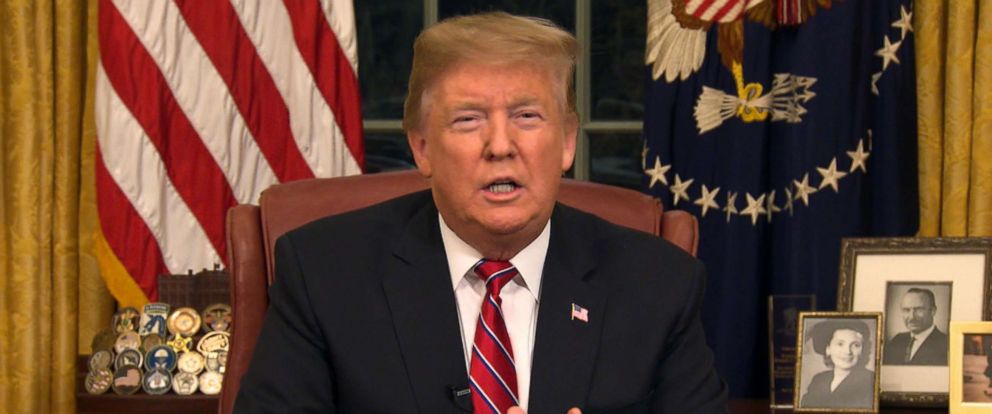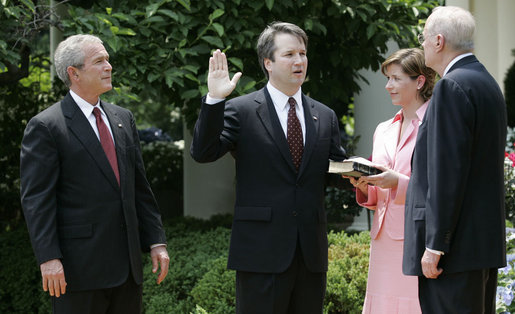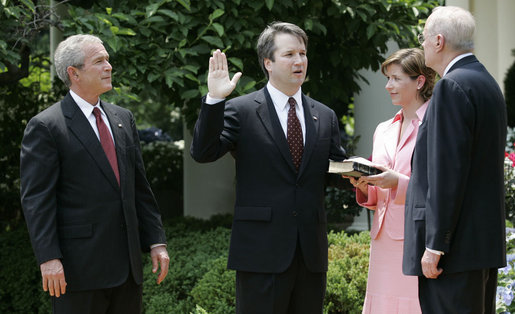The government is partially shutdown, hundreds of thousands of federal employees aren’t being paid, and all major networks are about to let Trump kick off his 2020 campaign with a faux declaration of emergency, aired live, and in prime time.
In ‘negotiations’, not only has Trump not been willing to budge on his wall, he’s actually added to the demands. The general consensus is that the only reason Trump is doubling down on the wall is because of criticism from Fox talking heads. That people will suffer matters little to him, unless he finds out they are ‘his’ people, and then he’ll just tell his staff to do whatever needs to be done, regardless of the law.
Law. That’s something that doesn’t matter much nowadays. Keep the national parks open, because that’s what his people want. And then when they trash the parks, (Freedom!) raid entrance fee funds, even though doing so is against the law. Go ahead and issue tax refunds, even though doing so is likely illegal. Oh, and no worries on those gas and well permits. Or that the clock tower at the Trump International Hotel is still staffed.
Ostensibly this is about a wall, a stupid wall that no one really wants. A wall that actually came about as a mnemonic. A wall that will tear land from private owners, destroy nature preserves, endanger both our environment and vulnerable animal species, and cost many more times that $5.7 billion Trump is currently fixated on. A wall that won’t add to our nation’s security, will have minimal impact on an influx of immigrants, and no impact on securing our borders from terrorists.
That damn wall.




